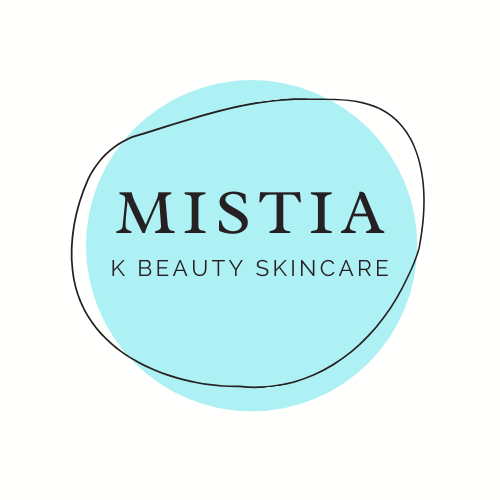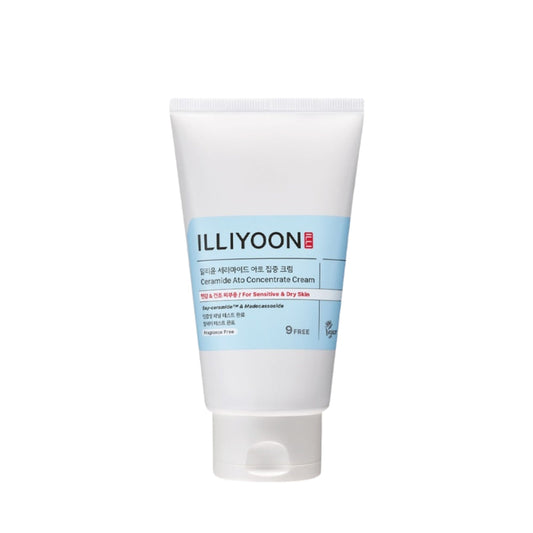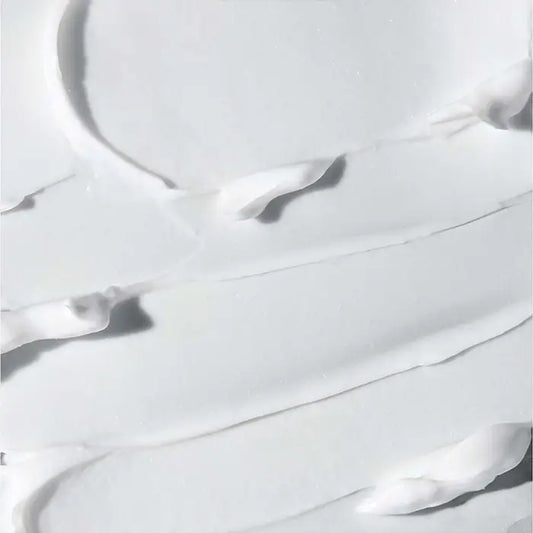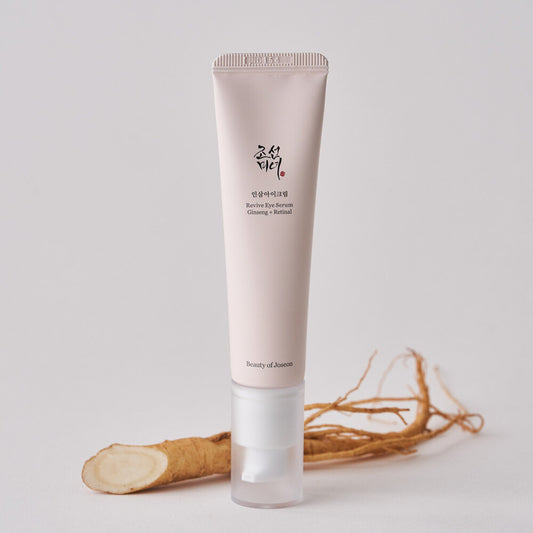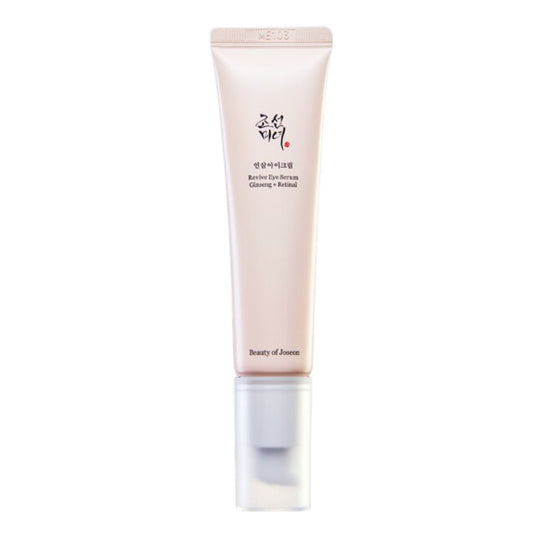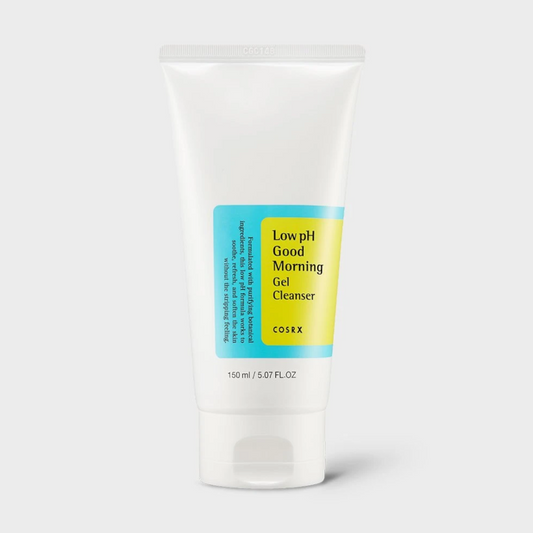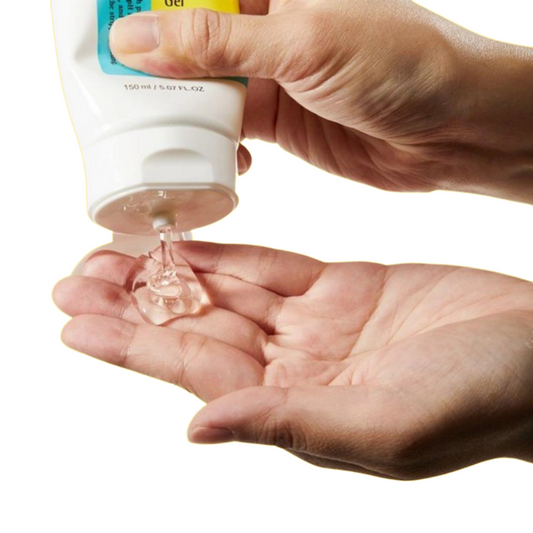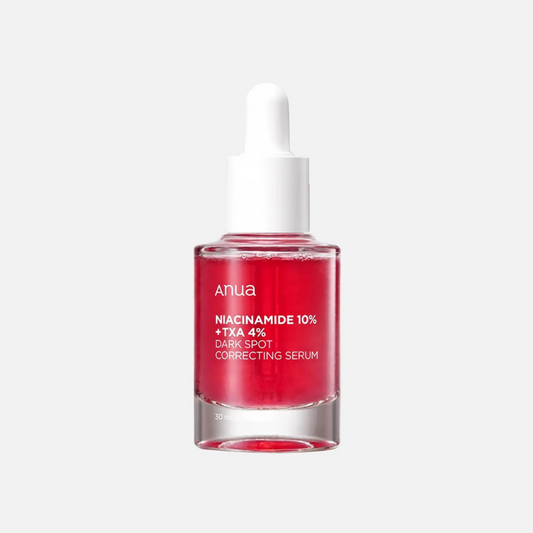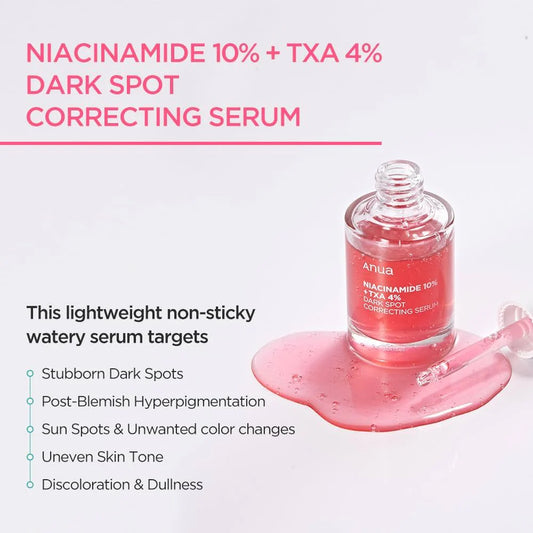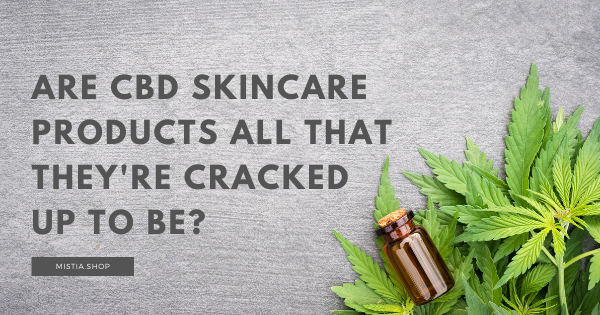
Are CBD Skincare Products All That They're Cracked Up to Be?
Share
CBD products are becoming more and more popular, and recently, they’ve become a must-have in the world of skincare. Big skincare brands have incorporated CBD into their lineup, and the interest in them has skyrocketed, too.
Google Trends reportedly showed an increase of 295% in search interest for “CBD skincare” in early 2020, and Market Watch has also reported that the global CBD skincare market is estimated to be valued at over $580 million. Needless to say, CBD is the biggest craze in the market right now.
But can the product itself back up all the hype surrounding it? What does CBD actually do, and might you want to incorporate it into your skincare routine?
What is CBD?
CBD is short for Cannabidiol, the naturally-occurring compound in cannabis plants like marijuana and hemp, and is one of the two active ingredients in cannabis. CBD is the non-psychoactive chemical compound, meaning that it doesn’t give you the effect of being “high.”
Cannabidiol-infused skincare products are created by using full-spectrum CBD oil, broad-spectrum CBD oil, or CBD isolate. Full-spectrum contains all compounds found in hemp, but includes trace amounts of THC. Broad-spectrum contains a wide range of cannabinoids, but no THC.
CBD isolate is your best option for facial skin. It’s CBD in its purest form and doesn’t have other compounds you may find in a cannabis plant. CBD isolate won’t clog pores and is chock full of the good stuff for your skin.
The Many Benefits of CBD Skincare
Many studies have reported that CBD can help with conditions such as anxiety, pain, insomnia, and—particularly important for skincare—inflammation.
In addition to carrying anti-inflammatory benefits, CBD acts as an antioxidant, making it useful for dryness, inflammation, and those with acne-prone skin. CBD can help reduce redness and inflammation that comes with acne, and also helps to regulate hormones that are involved in oil production. Specifically, CBD helps reduce excess sebum, a component to acne production.
Its anti-inflammation abilities may help those with rosacea, calming flare-ups, as well as those who have eczema, combatting irritation and inflammation caused by it. Because it has so many soothing properties, CBD is shown to help those with sensitive skin, calming it and minimizing issues like redness and reactivity.
CBD is a great hydrator, too, carrying moisturizing properties that help fight dehydration and dryness. Coupled with its antioxidant properties, CBD can help fight wrinkles and visible signs of aging through counteracting free-radical damage (CBD neutralizes free-radical damage, preventing the weakening of the skin).
What Should I Be Looking For?
When it comes to CBD products, be sure to look for items that mention cannabidiol, hemp extract, broad-, or full-spectrum CBD. It’s also important to consider the amount of CBD in the product you’re looking at, and this should be determined by what you’re using the CBD product for (e.g. if you need it for pain relief, you would look for more CBD).
The most important thing, though, is to ensure that you are confident in the quality of the product you’re about to purchase. With the huge influx of CBD products now available, there are also many CBD products that are mislabelled. We recommend going with a brand that you trust, so that you can be confident that the product contains exactly what the label says it contains.
As CBD products are still fairly new to the skincare industry, consulting your dermatologist or doctor will give you the confidence to incorporate them into your skincare routine.
